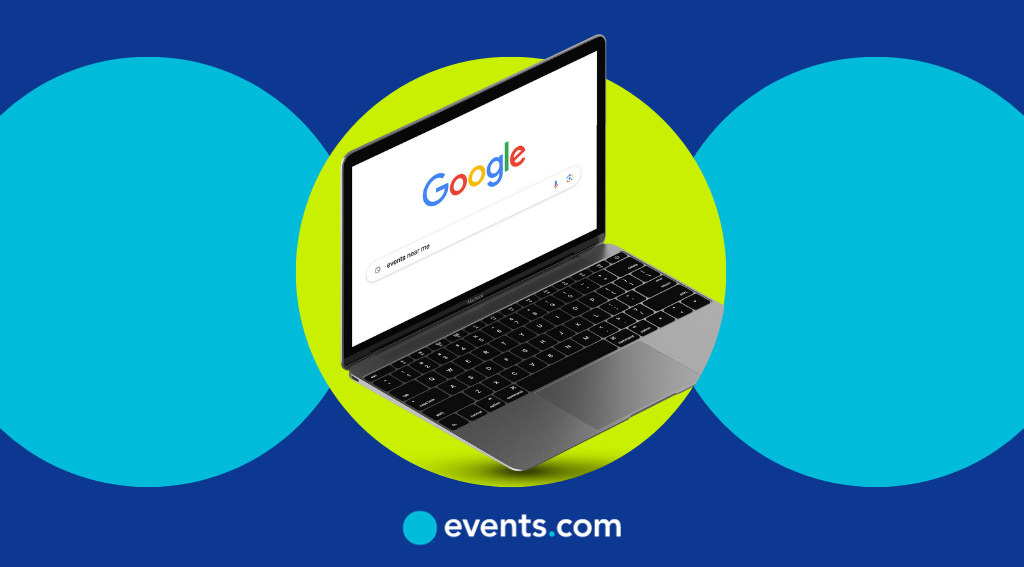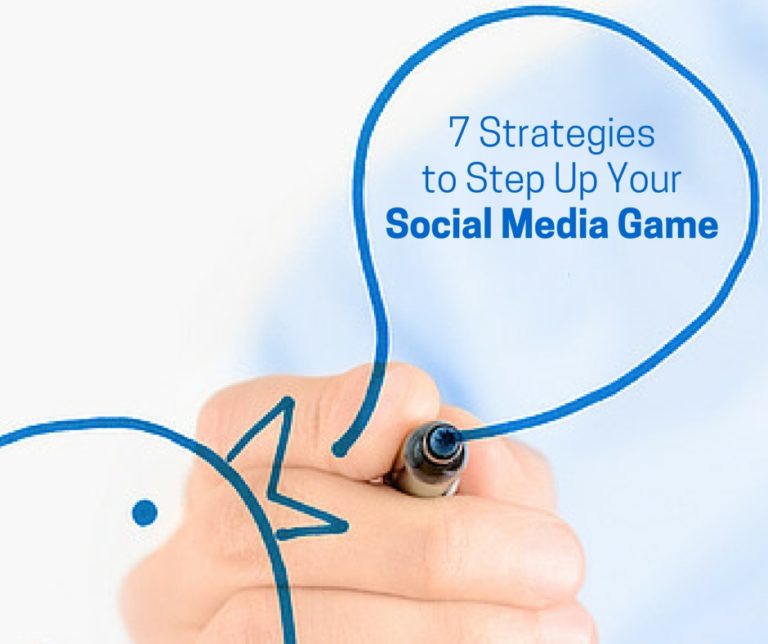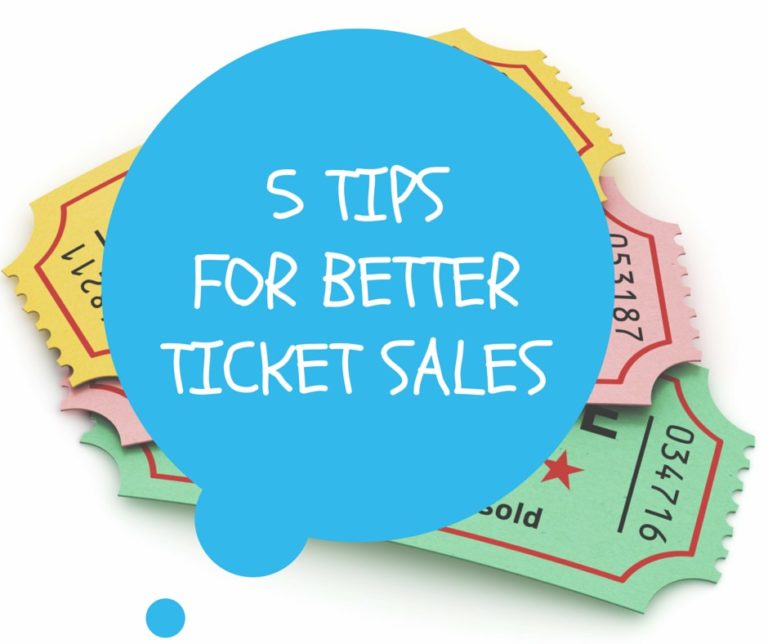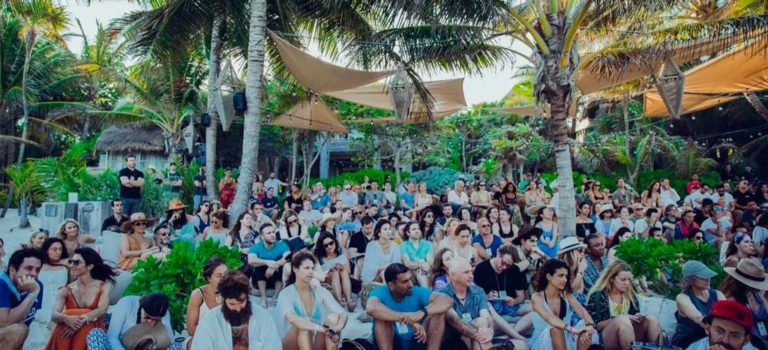Event planning requires several moving parts working together to create a memorable experience for attendees. What is an event without its attendees? SEO for event planners is key to reaching your target audience and working toward a successful event turnout. Keep reading to explore a comprehensive SEO guide to event marketing, and learn more about how you can effectively implement these strategies into your online event marketing efforts.
How Can SEO Help You Achieve Your Event’s Goals?
Your website is a vital part of your event marketing campaign, as it provides attendees with all of the information they need to know about your event, purchase tickets, and communicate their interest. However, with so many websites across the web, potential attendees can easily miss your event’s online presence. This is where SEO comes in to help increase the visibility of your website.
SEO, or search engine optimization, is the practice of creating quality content across your website that drives more traffic via organic searches on search engines like Google. Event SEO, when implemented correctly, allows your website to be closer to the top of the search engine result pages (SERPs), resulting in increased audience reach and event ticket sales. Additionally, a solid SEO strategy allows your website to be better equipped to convert, providing your online traffic with easy ways to interact and journey through the conversion funnel.
Top SEO Campaign Strategies for Event Planners
A 2023 study showed people click on organic search results far more than they click on paid advertisements. With this knowledge, your digital marketing efforts should prioritize the implementation of SEO strategies throughout your website. Some of the top SEO campaign strategies to consider for your event include:
Technical SEO: Walk the Easy Path to the Top
Technical SEO is an easy way to help your website begin ranking higher in the SERPs. Technical SEO refers to the optimization of the technical aspects of a website to improve its performance and overall user experience. This is accomplished by optimizing the website’s infrastructure, coding, and backend processes.
Search engine crawlers are programs designed to browse and index public websites so they can be accessed by search engines. These crawlers play a crucial role in SEO, as they are responsible for a website being shown in a high-ranking position across search engines. Technical SEO focuses on factors affecting how these search engine crawlers access, interpret, and index website content.
Optimizing elements like XML sitemaps, robots.txt files, and site architecture provides a clear path to crawlers about your site’s structure and content, making it easy for them and users to navigate your website. Additionally, efficient website speed and performance allow for an improved user experience. This can be accomplished by minimizing server response time, leveraging browser caching, and optimizing image sizes. Identifying and eliminating technical issues like broken links, duplicate content, and weak URL structure ensures a smooth user experience and enhances search engine accessibility.
Optimization for Mobile: Work With Google’s Mobile-First Indexing
Google uses mobile-first indexing, which means they use the mobile version of a site’s content to crawl, index, and rank a web page. This serves as an opportunity for you to increase your chances of showing up on the first page of one of the most-used search engines.
Google recommends that websites utilize a responsive design, which displays website content differently depending on the size of the device being used. You should then ensure cohesiveness across your website, including aspects like content, metadata, and structured data. This will affect how crawlers access, render, and index your web page.
Lastly, it is crucial to consider the changes brought on by mobile viewing. Since mobile viewing is on a smaller screen, it changes the way users see content like images, videos, and ads. On mobile sites, Google can only accept specific formats for both images and videos, and uploading an unsupported format can lead to Google crawlers being unable to access this content. Additionally, the placement of ads may hurt user experience. If an ad is placed at the top of a mobile page, it can run the risk of being too large and can damage your mobile page ranking.
Event Schema: Optimize for Rich Results
Event schema markup is a code you can implement to tell search engines the specific details about an event. This type of code gives search engines the information they need to provide users with fast, relevant answers to their searched queries. This is called rich results and can be easily accessed at the top of the SERP. This not only provides users with a convenient search experience but can lead to an increased CTR (click-through rate) and overall traffic to your event web page.
Event schema is also useful when ranking in search engines like Google, which provide an event experience. This is also found at the top of a SERP and is an interactive way for users to learn more about your event, purchase tickets, visit your web page, and even share your event.
Keyword Research: Leverage Relevant Keywords
Keyword research is a core SEO practice and provides information on query popularity and ranking difficulty. Using this information, you can better strategize your content creation so that it is relevant and easily found by your target audience.
Keyword Planner in Google Ads is an excellent example of a keyword research tool. Like many others, this tool offers insight into keywords’ search volume and related keywords or phrases. Once you have narrowed down a list of relevant target keywords to your event, you can then begin implementing them into your website’s content so that it is found via organic search by users.
Local SEO: Target People Near You
There are several ways to implement local SEO into your event marketing strategy. Using keywords that are relevant to your local area is a great way to help you reach users who may be searching for events or things to do nearby. You can also filter your keyword research to apply to a specific region, ensuring you reach a particular target audience.
Another essential tool for landing on the first page of SERPs is creating your Google Business Profile. This tool allows you to upload all of the information about your business, including event information, location, hours of operation, contact information, and link to your web page. This feature makes your event information more easily accessible to users and can help drive new traffic. Ensure NAP (name, address, phone) consistency across all business listings, local directories, social media profiles, and websites, as it dramatically impacts your ranking on the SERP.
Event Landing Page Optimization: Improve Conversions
Your event landing page is arguably the most critical aspect of your website, as it aims to turn website visitors into event attendees. These are the pages users typically land on by following an online ad or a link. Unlike other pages on your website, your event landing page should focus on catching the user’s attention, informing them of the key details of the event, and inspiring them to take action.
A successful event landing page should utilize features like eye-catching headlines, event countdowns, and simple-to-fill registration forms. A clear CTA should encourage users to purchase tickets or register for your event. Using tools like heat maps, which track user interaction on your web page, can help you understand the effectiveness of your event landing page.
E-E-A-T Content: Boost Organic Traffic
E-E-A-T stands for Experience, Expertise, Authoritativeness, and Trustworthiness, and it is what Google uses to evaluate the overall quality of a web page. Since Google and other search engines want to provide users with the most relevant, accurate information that’s easily accessible and simple to use, page quality plays a crucial role in a website’s overall SERP ranking.
To show experience and expertise with your event web page, you should refer to previous, successful events that users can look back on and get an idea of what to expect with your next event. Use this as an excellent opportunity to leverage reviews from attendees to show Google that your occasion lives up to what you are promising. Regarding authoritativeness, indicating that your website is the go-to spot for a user’s searched query dealing with local or upcoming events is essential.
Trustworthiness is the most important aspect of E-E-A-T, as it shows search engines that by recommending your website to users, they will have an easy, informative, and safe experience. This can be done by ensuring simple-to-navigate features throughout your site, quality content, and reputable checkout forms for ticket sales.
Link Building: Improve Domain Authority and Search Rankings
An effective way to establish authority across your website is through link building. This is the process of acquiring hyperlinks from other reputable websites that point directly to your website. Although you can include internal links within your own website to point to other pages on your website, it is far more beneficial to acquire these hyperlinks through outside sources. To complete this, you should ensure quality, authoritative content that makes other creators feel comfortable linking your webpage. As you begin to build links, your domain authority will increase, and your search ranking will see positive movement in the SERPs.
Social Media: Leverage Shares and Mentions
Social media is a powerful tool in the world of event planner marketing. Unless you pay for specific ads and promotions, it is a free and easy way to connect with your audience, push information about your event, and lead users directly to your website. On Instagram, you can create eye-catching, shareable posts that encourage interaction from your audience. Using links can help direct your growing traffic directly to your website, where they can be prompted to purchase event tickets.
Facebook allows you to make an entire page dedicated to your event. This not only allows your NAP score to increase, but it also serves as an easy way to reach a larger audience and interact with attendees. Facebook event pages can be a more personal experience than websites for users, as they can interact with other attendees and connect with the event organizer for any questions or concerns.
Leverage the Power Of The Best Event Planning Platform
As an event planning business, your most significant task is ensuring a great turnout to the event that you and your team worked hard to execute. In a digital world, your best bet is to reach your target audience and boost ticket sales through digital marketing efforts. Events.com makes it easy to streamline the online tasks of your event, including managing your ticket sales, digital marketing campaigns, and sponsor engagements. Contact us today to learn more about how our event management platform can help take your event to the next level.






